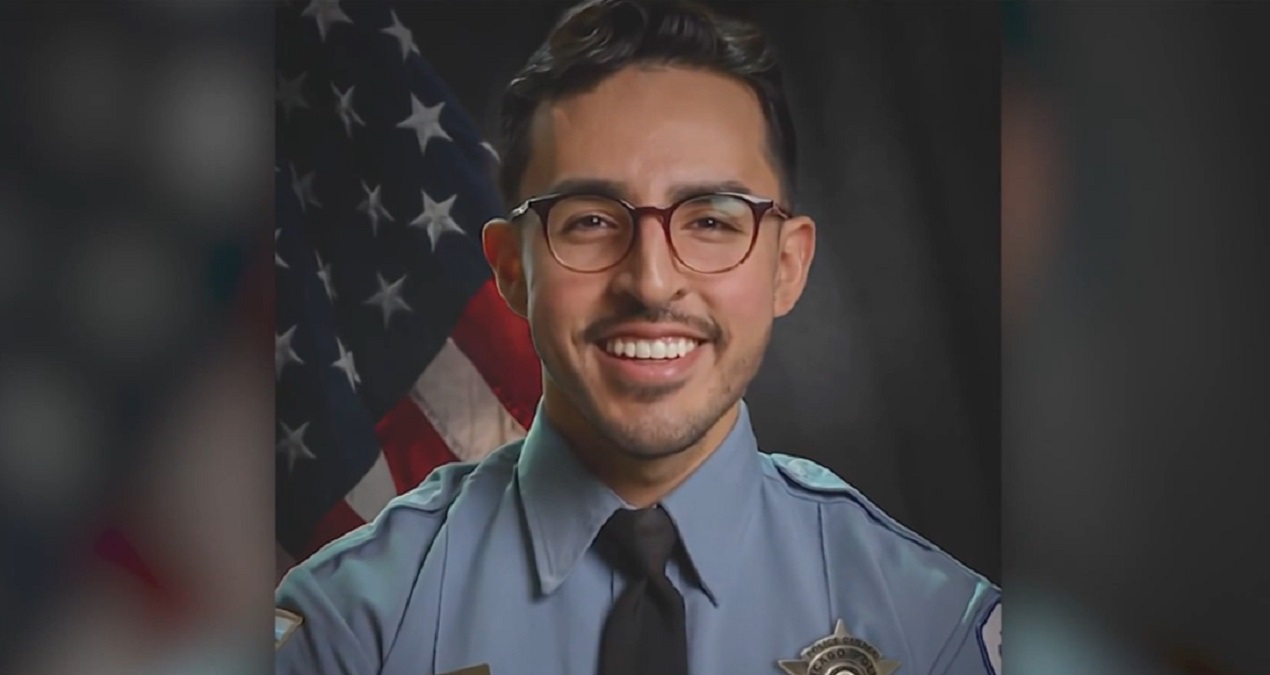For whatever reason, the first thing that typically comes to mind when hearing the word "entrepreneur" is someone wearing a suit and tie, perhaps dabbling in the tech industry. (Google's image search all but confirms this.) But we all know nothing could be further from the truth -- there are of course countless ways to earn money.
Local writer-artist Tim Seeley -- the mind behind comic series like The Dark Elf Trilogy and Lovebunny & Mr. Hell -- is a great reminder of this. He's also a good reminder of how an entrepreneur's duties sometimes fall beyond what even the driving force behind the business expects. Much of Seeley's time is spent on the road connecting with his audience, appearing at events like next month's San Diego Comic-Con or anywhere else he can reach new fans.
I gave Seeley a call to discuss his philosophies on traveling to stay in closer touch with his consumer base and how to stand out among his peers that do the same.
When did you realize you had to start leaving your studio to thrive?
Tim Seeley: At some point in doing comics, you realize that the impulse is to just stay back and do the work. But I would notice these friends of mine who are extremely talented but didn't have the gift for gab. They would fall behind. There were just guys who were better at presenting themselves. Artists that were far more innovative or talented would end up on the side lines while people who would basically hustle got more attention.
At a certain point I coined the term "model-train celebrity." It's a notion that in every little sub-genre, clique, or whatever hobby you're into, there's some kind of celebrity who the rest of the guys go, "Hey, it's that guy!" No matter what media or field you're working in, there's always somebody who has the attention of the the people who are into that stuff. Comics is no exception. Maybe it's more like that than any field.
So it became about going to just about any con, doing podcasts, that sorta stuff. Even if you didn't always have the greatest work, if you were in front of people and you could find people who thought you were more important -- it's more true now than ever because of Internet stuff.
Local
That shouldn't be a stretch, though, because creative types and entrepreneurs both have that thing in their personality that says, "Yeah, I can go it alone and get noticed. I'm more special than everybody else."
[Laughs.] It's never been about an ego thing with me. It's always been: How can I do this? I didn't want to work at Kinko's. Sometimes I have to go outside of my comfort level -- pretty early I had to get used to doing these panels and presentations. When I was a kid and I had to give a speech in front of classes, I'd get pretty nervous and sweat profusely. With working in comics, within two years I had to do a room at a horror convention one time with 300 people. By myself. Onstage. If I had known it was part of the job in high school, I would have cried and screamed.
You just have to turn that to your advantage. I don't think people realize that's part of the job as a creative. It's a job everyone wants, your job is cool. No one fights for being the greeter at Walmart. People will fight for this, and you have to be willing to fight too.
How long was it between when you started in comics and when you realized you'd have to go on the road regularly?
It was really before I started actually making a living at this. When I started doing comics for myself and trying to get other people to see them, get them in front of editors to see them. Even before I got my first paycheck I realized, "All right, the hustle's on."
If you're an entertainer, you have to sell it in every way. At bars. [Laughs.] You have to be cool to talk to over a drink. All those things that aren't necessarily in the college textbook for how to be an artist.
What's your criteria for determining what conventions are worth your time?
That's a good question. What I started out doing was, anyone who would fly me out and pay for it, I would go. Because there were always new people to be put in front of. Always new readers. Very early on, when my studio-mates and I were flown out to Arizona, we were still kinda small potatoes, but the amount of people we got in front of -- to this day there's areas of Arizona that's the best where I sold my book per store. Seven years ago we were laying a foundation and didn't know we were doing it.
But shows like San Diego [Comic-Con] you go because if you don't, people think you died. "Did he quit comics?" Your lack of presence is noted.
For a lot of other shows, it's kind of like being a traveling preacher. "Who have I not given my message to?" If I haven't been to a spot in New Mexico and the offer comes up, yup, I'm doing it. I don't even need to look into it. It'll give me another pulpit to yell about my stupid comics.
You mentioned aspects of the job you didn't really expect. What things do you do to maintain your presence now outside of the cons that you didn't really expect you'd be doing when your career started?
I'm 34 and I don't think I thought Facebook and Twitter would be such an important thing of what I do, but certainly they're being available is important. Again, you're a model-train celebrity, and you have people who will listen to what you say. So, for me going on Twitter, it's more beneficial than my mom. If I get 3,000 followers, they'll listen. For someone like my lovely mother, who has friends and family, but only 40 people on there.
I think social media is actually made for minor celebrities in their field. You get to have a focused section of your audience that is hearing everything you say in real time. Constantly be on Twitter and Facebook and message boards. That's a huge part of being in entertainment. I don't get paid by the tweet like a Kim Kardashian, but certainly I see pretty immediate payoff for posting a link to something. That's not necessarily true for a lawyer or a doctor. It's very much about me interacting with my audience and hoping that'll spark their interest.
Not to be crass and cheapen the interaction between you and your audience, but have you seen a tangible rise in sales since you started doing social media and visiting cons?
Yeah, absolutely. There's definitely an impact and it's positive, but I think it's so much of an over time sort of thing.
When you're out at these conventions, how do you best make use of your time to reach the most people possible?
Oh man, that's a good question. At night you have to go to all the parties, so you have to get your liver really well-trained. You have to split it between face time with your bosses -- editors and stuff like that -- and also your readers. A little bit of both, and they're both equally important.
What if you are your own boss and are in a similar situation?
I think the most important thing is motivating yourself as if you're not your own boss. You have to realize you're your own PR department, advertising -- you're not just the product. You're all those other things. Especially for artists and writers. It's not a world of the end product anymore. It's a world of everything that goes into it, your personality, all those things. It's not just crunching out stuff.



